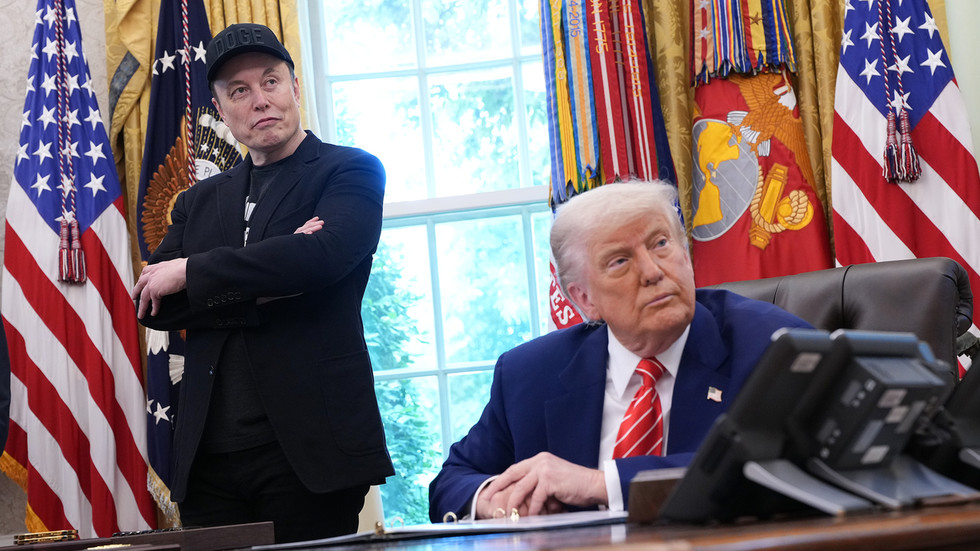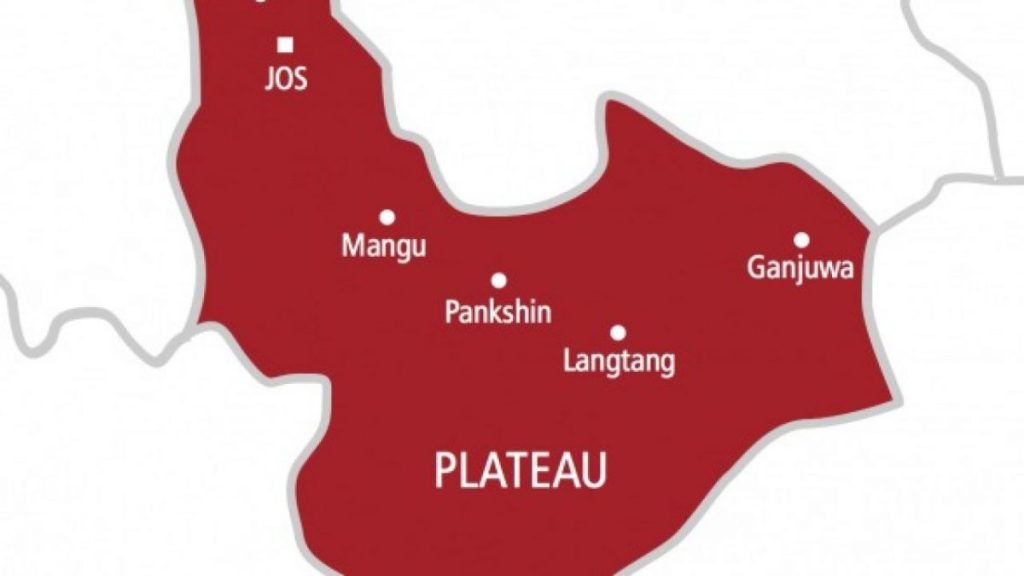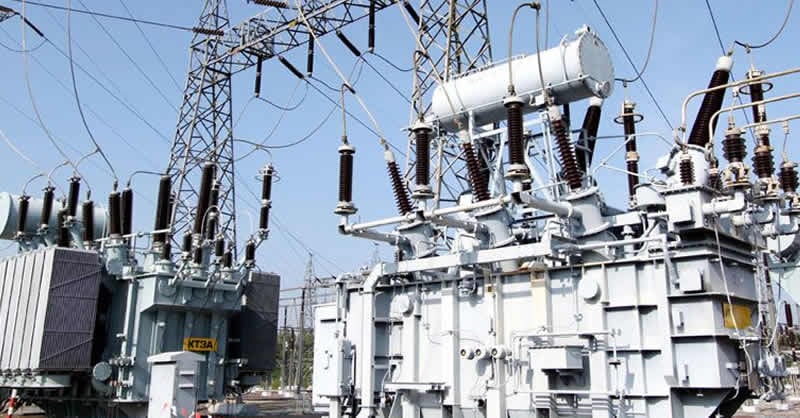As tension brews in Rivers State, the power tussle between Governor Siminalayi Fubara and Federal Capital Territory Minister, Nyesom Wike, has brought governance and economic activities to a standstill, leaving the people in despair. This discord has sparked a debate – can the intervention of President Bola Tinubu bring about lasting peace?
A State in Turmoil
The political unrest in Rivers State has not only hindered economic progress but has also led to events of destruction and chaos. The burning down of the Rivers State House of Assembly complex in October 2023, allegedly stemming from a dispute over Governor Fubara’s impeachment, stands as a glaring symbol of the state’s turmoil. The subsequent demolition and costly reconstruction of the complex have drained public resources without benefit to the citizens.
Divided Loyalties
The division within the House of Assembly further demonstrates the deep-rooted crisis, with factions aligning themselves with either Governor Fubara or Minister Wike. The dramatic defection of 27 lawmakers from the ruling Peoples Democratic Party to the All Progressives Congress has only added to the confusion, prolonging the deadlock in the Assembly and stalling the state’s progress.
Presidential Intervention
The intervention of President Bola Tinubu, directing for the withdrawal of legal actions and impeachment proceedings, has been met with mixed reactions. While some herald it as a crucial step towards peace and development, others view it as an overreach of presidential authority, sparking concerns over the autonomy of state governance.
Governors and Predecessors: A History of Discord
The rift between Governor Fubara and Wike is not an isolated occurrence but rather part of a recurring pattern. Disagreements between governors and their predecessors have a long-standing history in the state, underscoring the shadow of discord that looms over Rivers State’s political landscape.
Stakeholders’ Perspectives
Stakeholders have voiced contrasting opinions on the presidential intervention. While some commend President Tinubu for restoring peace, others criticize it as an intrusion into the state’s affairs, stirring controversy and igniting fresh debates on the balance of power and authority.
Looking Towards Resolution
As the dust settles on this chapter of River State’s tumultuous politics, the fate of the defected lawmakers and the path to genuine reconciliation remain uncertain. The search for lasting peace, devoid of external influence, is crucial for the prosperity and stability of Rivers State and its people.
At the heart of Rivers State’s political crisis lies a struggle for power, leaving the citizens as mere casualties in a battle for supremacy. Whether the presidential ‘peace’ pact brings about genuine reconciliation or exacerbates existing tensions remains to be seen.
Rivers State Political Crisis: A Battle for Governance and Constitutionality
Amidst the turbulent political landscape in Rivers State, where power tussles and constitutional interpretations collide, a maelstrom of voices echoes the sentiment of a struggle against the unravelling of democratic principles. The clash intensifies as Governor Nyesom Wike’s objections to the President’s directives ripple through the state’s governance.
The contentious issue of the 27 lawmakers’ defection from the People’s Democratic Party (PDP) to the All Progressives Congress (APC) raises constitutional qualms and sparks a barrage of legal and ethical debates. These lawmakers, albeit in defiance of their prior allegiance, face presidential nudges to revert to their former party, igniting fiery dialogues on the sanctity of democratic tenets.
Governor Wike, bedecked in his resolute refusal, invokes the frustration looming over the ceremonial representation of a budget he ceremoniously endorsed, underscoring a narrative of humiliation and political impropriety. His stance reverberates through the labyrinth of political dissent, with echoes of discontent permeating the corridors of power.
Enefaa Georgwill, Chairman of the South-South United Action for Democracy and the Rivers State Civil Society Organisations, emphatically denounces the resolution as a machination to undermine the authority of the Rivers State Government. The assertion that the state’s sovereignty should not be yielding to external influence resonates as a resounding outcry against the encroachment of federal dominance.
Furthermore, Omenazu Jackson, a political analyst and Chancellor of the International Society for Social Justice and Human Rights, articulates the imperative of peace, juxtaposed against the need for legal compliance. His incisive commentary dissects the presidential intervention, exposing an incongruence between political expediency and constitutional rectitude. He exhorts a recalibration of the political modus operandi, decrying the transgressions against democratic ethos.
Amidst the maelstrom, the resignation and subsequent swearing in of nine commissioners-nominees, serves as a beacon of equilibrium, a step towards assuaging the tumultuous currents sweeping across the political landscape. This gesture, laden with symbolism, seeks to placate the roiling tensions, offering a glimpse of respite in the vortex of political upheaval.
As the cacophony of discontent reverberates across Rivers State and beyond, the prevailing uncertainty casts a pall over the corridors of power. The fate of the state hangs in equipoise, teetering on the precipice of wrong and right, while the denizens await the unfolding of events with bated breath, their collective gaze fixed on the unfolding saga.
In this crucible of political turmoil, the resonance of discontent ultimately converges on the fulcrum of constitutional propriety and the pulsating heartbeat of democracy, underscoring an indelible chapter in Rivers State’s annals, one bound to resonate through the corridors of power for ages to come.



